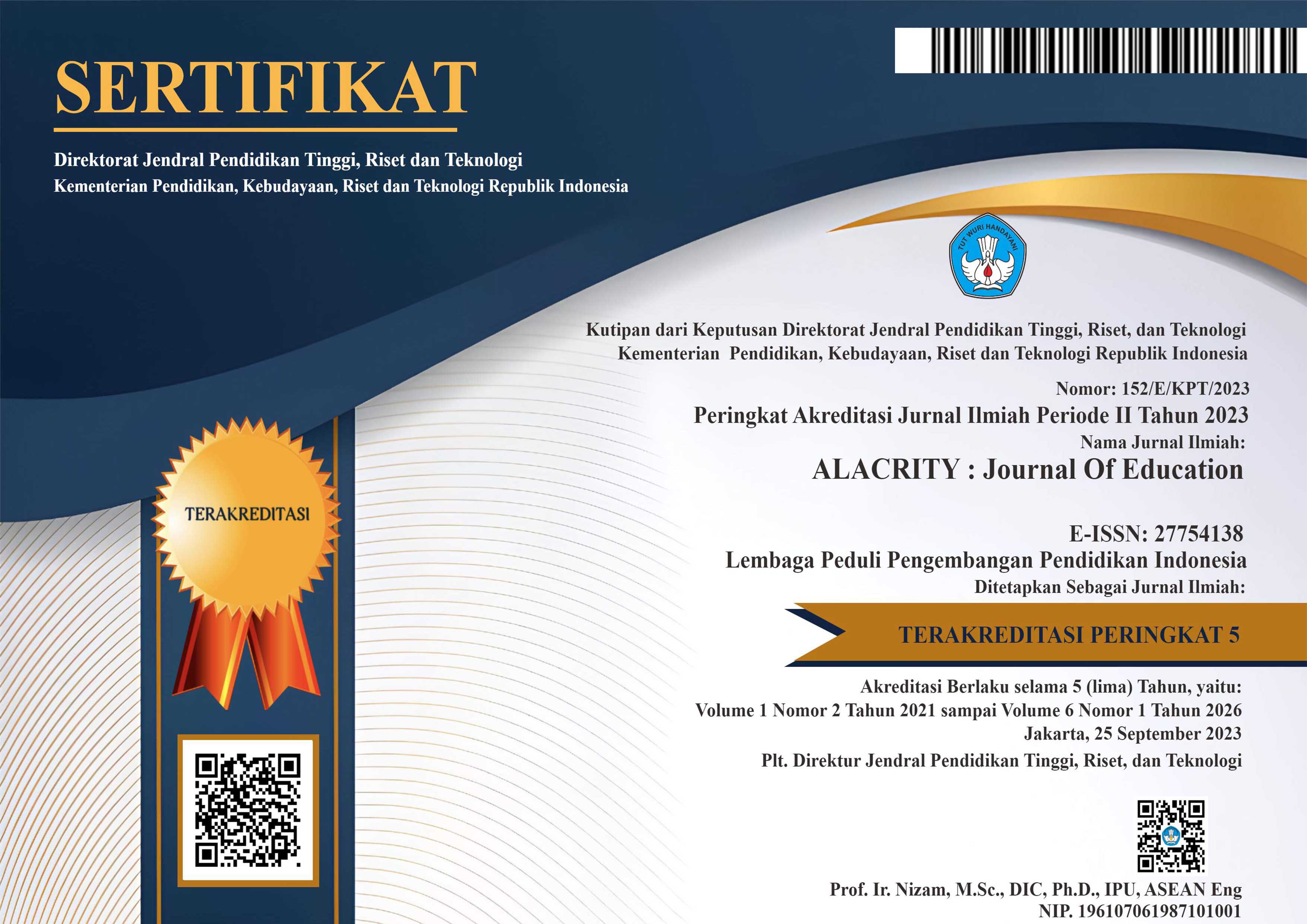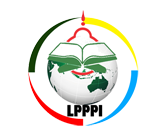Analisis Konseptual Pembelajaran Student Oriented pada Kurikulum Merdeka
DOI:
https://doi.org/10.52121/alacrity.v5i3.895Keywords:
Student-oriented learning, Merdeka Curriculum, 21st-century skills, educational challenges, post-pandemic recovery, IndonesiaAbstract
This conceptual analysis explores the integration of student-oriented learning (SOL) within Indonesia’s Merdeka Curriculum, addressing the evolving needs of education in the post-pandemic era. The shift from traditional teacher-centered approaches to SOL is driven by the need to develop 21st-century skills critical thinking, collaboration, communication, and creativity amid rapid socio-economic changes and learning losses from COVID-19 disruptions. SOL empowers students as active agents in knowledge construction, with teachers acting as facilitators who tailor instruction to individual needs, motivations, and contexts. This aligns with the "Merdeka Belajar" initiative, launched by the Ministry of Education, Culture, Research, and Technology (Kemendikbudristek) in 2022, which emphasizes flexibility, autonomy, and holistic development to foster the Profil Pelajar Pancasila. The study aims to analyze SOL’s principles, its alignment with Merdeka’s components, including flexible learning designs, Projek Penguatan Profil Pelajar Pancasila (P5), and formative assessments, while identifying implementation challenges and offering practical recommendations. Employing qualitative library research, it synthesizes secondary sources from 2024-2025, including journals, policy reports, and books, analyzed through Miles and Huberman’s interactive model of data reduction, presentation, and conclusion drawing. Findings reveal that SOL enhances student engagement through project-based learning and personalized feedback, improving academic outcomes and soft skills. However, challenges such as partial teacher understanding and digital disparities in remote 3T regions hinder effective implementation, exacerbating educational inequalities. Recommendations include intensive Guru Penggerak training, infrastructure upgrades via public-private partnerships, and inclusive monitoring to bridge theory-practice gaps, ensuring sustainable and inclusive educational recovery in Indonesia.
Downloads
Published
Issue
Section
License
Copyright (c) 2025 Naila Izzatun Fathonah, Anisa, Muhammad Naufal, Muhammad Nabiel Augis Wianda, Abdurrahmansyah Abdurrahmansyah

This work is licensed under a Creative Commons Attribution-ShareAlike 4.0 International License.













